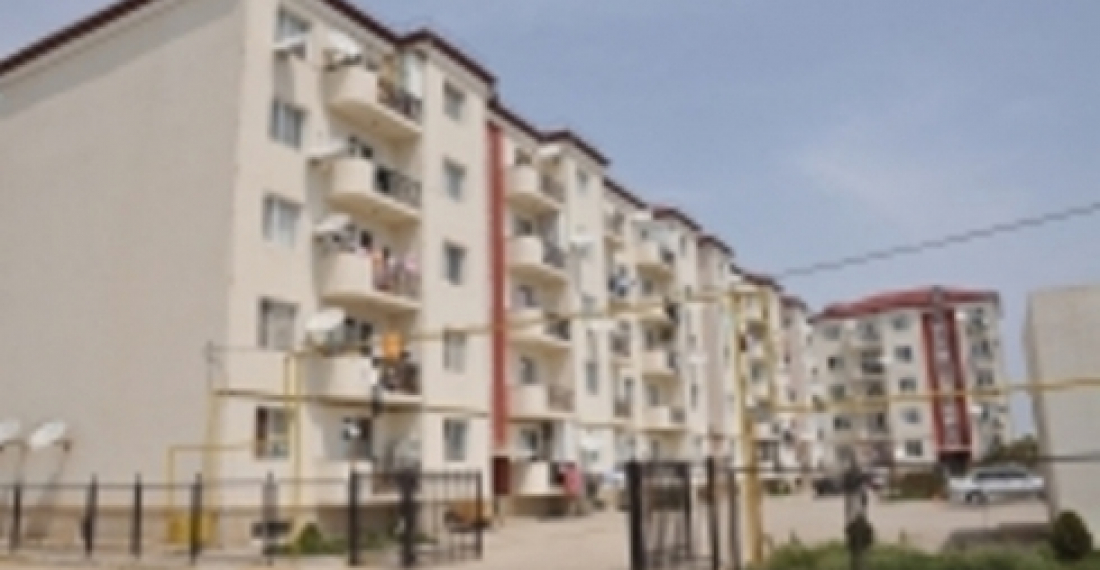The Deputy Prime Minister of Azerbaijan with responsability for the welfare of refugees and IDPs, Ali Hassanov said that all social problems of the displaced persons in Azerbaijan are settled and the Nagorno Karabakh conflict is the only problem that remains on the state agenda. Hassanov was speaking at the conference '"Azerbaijani National Leader Heydar Aliyev's policy on Armenia-Azerbaijan, Nagorno-Karabakh conflict: his care for refugees and IDPs, and the participation of the Azerbaijani government, international humanitarian organizations in the solution of their social problems", 1news.az.reports.
He noted that AZN 4.3bn (approximately US$ 5.4 billion) has been spent for the needs of refugees and displaced persons over the past 20 years. 78 settlements with 31,000 apartments have been built in the country.
Hundreds of thousands of refguees were displaced during the conflict between Armenian and Azerbaijani forces in and around Nagorno-Karabakh in the early 1990s. Their displacement is one of the most tragic consequences of the conflict.
Commonspace.eu political editor said in a comment that "whilst Hassanov's claim that there are no longer social problems amongst the large Azerbaijani IDP community is somewhat exaggerated, it is also true that the Azerbaijani government has made good progress in addressing some of their more serious issues, including that of housing. Whilst initially Azerbaijan depended on foreign humanitarian aid to address its refugee/IDP problem over the last decade the funding of the various social problems came mainly from state sources. The Azerbaijani government has been careful to deal with the problems of the refugees and IDPs whilst at the same time making sure that issue of their return is not forgotten."
source: commonspace.eu with 1news.az
photo: New flats for refugees and IDPs in the district of Ramani in Azerbaijan (picture courtesy of the State Committee on Refugees and IDPs of the Government of Azerbaijan).







